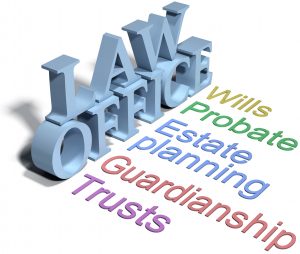 When an Executor or Administrator is appointed by the Surrogate’s Court, the job of estate settlement begins. One of the first orders of business is identifying and collecting the assets of the estate.
When an Executor or Administrator is appointed by the Surrogate’s Court, the job of estate settlement begins. One of the first orders of business is identifying and collecting the assets of the estate.
The New York Probate Lawyer Blog has discussed the issue of asset protection and collection on many occasions. One of the primary sources of information in this regard is the financial records maintained by the decedent. Typically, the decedent will receive bank statements, brokerage statements and other correspondence that reflect values and other ownership information. Another excellent place to look for evidence of estate assets is the decedent’s prior income tax returns. These documents may contain the names of banks or other sources of dividend or interest income. The tax returns may show ownership rights in real estate, corporations, limited liability companies or partnerships.
Earlier articles in this Blog have referred to Surrogate’s Court Procedure Act Section 2103 entitled “Proceeding by fiduciary to discover property withheld or obtain information.” This statute provides the Administrator or Executor with a legal procedure to obtain verification from third parties who may be withholding or otherwise refusing to give up information concerning possible assets that were owned by a decedent. SCPA 2103 requires that a petition be filed with the Surrogate’s Court and a hearing be held before the Court to obtain the requested relief. While it may take time and effort to commence estate litigation and prosecute these proceedings, there can be very positive results for an estate if property is located and recovered. As an estate lawyer in New York City, I have been involved in numerous SCPA 2103 cases. The Surrogate’s Courts throughout New York are very familiar with these matters and recognize their importance for the successful settlement of an estate.
 New York Probate Lawyer Blog
New York Probate Lawyer Blog

